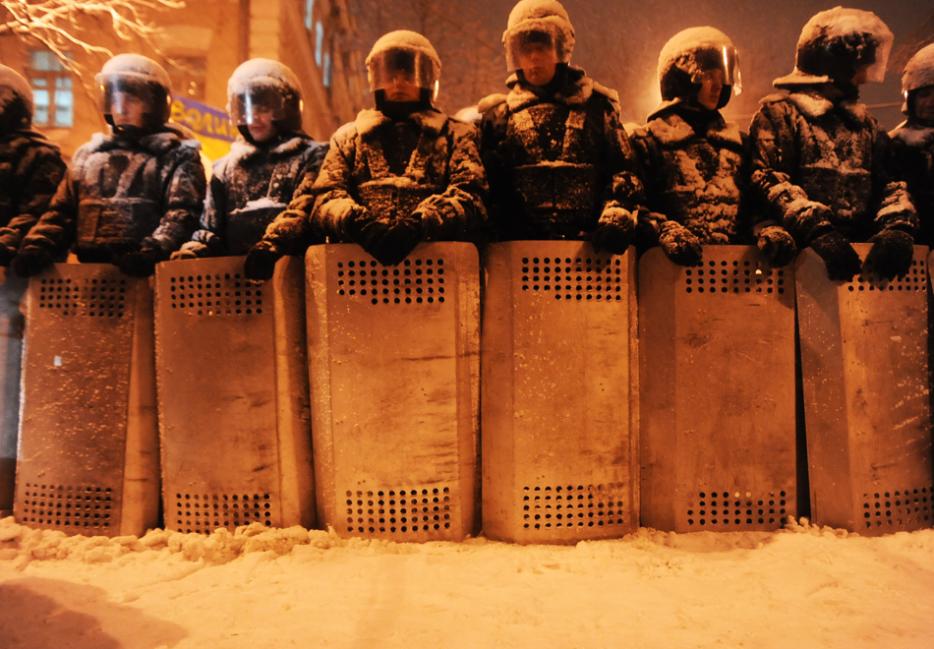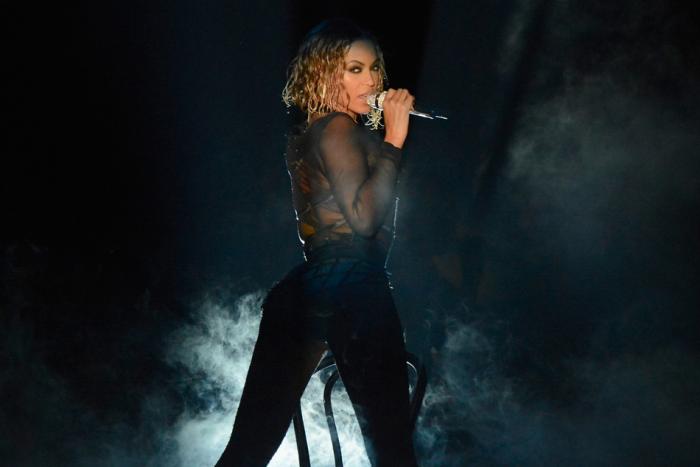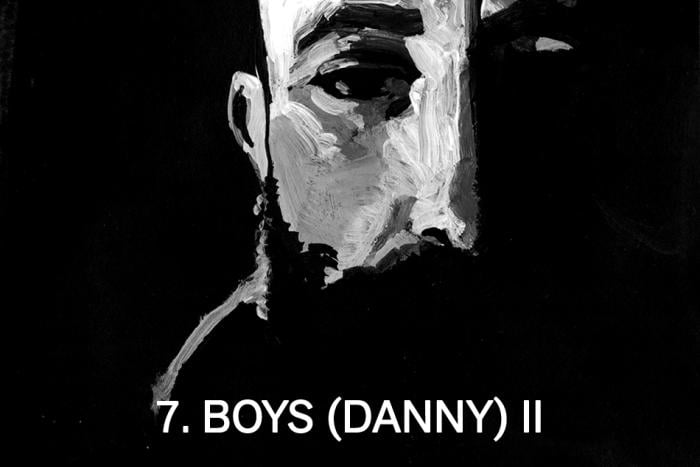Pity the countries caught between two worlds. The experience of being governed by Russia was so awful in the 20th century that even countries who had the dubious privilege of remembering what it was like to have German armies cross their frontier have, in the decades since the Cold War ended, thrown their lot in with the European Union (and, almost as often, NATO), Berlin’s preponderance notwithstanding. Yes, sunrise comes to the borders of Europe much earlier these days—and daylight leaves Russia’s sphere of influence sooner, too.
Which is fine, except for the states that find themselves on the new border—places like Ukraine, a country that’s been convulsed by protests for weeks now. As of this writing, the opposition in Ukraine’s parliament has declined an offer to form a government, as President Viktor Yanukovych tries to figure out any way this all ends with him (and his well-compensated family) still in control.
It’s relatively well understood—even by insular North Americans at this point—that Ukraine is a country divided linguistically and politically. The traditional Western way of short-handing it is that the nation is torn between moving into the European fold or staying close to Russia, but it’s important not to make this into something larger than it is. Canada—also a linguistically divided country, in case you hadn’t noticed—had most of the same arguments about whether to cling to the British Imperial apron-strings at the beginning of the 20th century, or whether to acknowledge reality and forge deeper ties with the Americans. Reality won, as it often does.
Of course, Canadian arguments about imperialism or annexation didn’t tend to devolve into months-long protests. And at this point, the protests in Kiev and elsewhere in Ukraine really aren’t about Yanukovych’s decision to break with the EU and tighten relations with Russia—they’re about his lethal crackdown on the protests that followed.
What remains to be seen is whether Russia’s investment will actually amount to anything. Protests against Yanukovych have spread east into what’s supposed to be safe territory for him, perhaps because even Russophiles are starting to wonder if the broad anti-protest laws passed this month could be used against them when they fall out of favour.
So instead of seeing this as a proxy fight between a liberal, democratic Europe and bigoted, autocratic Russia (hooray Olympics!), it’s more productive to understand this as a fight between two groups within Ukraine that happen to have sympathetic parties in two different outside powers. For what it’s worth, though, Russia seems to have simply out-bid the EU on this front—and why wouldn’t it? Putin’s desire to build a Russian-led counterbalance to the West isn’t a secret. Indeed, it’s part of his brand—standing up to America and other liberal powers has looked good in Russia since 1998, and all over the world since 2003 or 2008, depending on whether you’re more angry about the Iraq War or the financial collapse.
Whether Yanukovych’s government survives won’t actually change Russia’s desire to keep Ukraine in its sphere of influence, nor will it change the fact that a lot of Ukrainians share that desire. If the West wants to try to pull Ukraine away from Moscow’s orbit, then, it’ll need to figure out a real plan to somehow convince Ukrainians it’s in their best interest—and how much the EU is willing to pay to do it.






